In-car Electronics
Infotainment system (audio, GPS, phone), rear entertainment system, backup or other camera/sensors, head-up display.
What Owners Say
"Car Play often does not connect to my phone using the bluetooth cord. Its hit or miss"
Anonymous, MD (2021 Toyota Prius Prime LE 1.8-L 4 Cyl plug-in hybrid)"Bluetooth pairing takes numerous tries to connect. Take a lot of time. Not a seamless process"
Anonymous, MD (2021 Toyota Prius Prime LE 1.8-L 4 Cyl plug-in hybrid)""Voice recognition is very disappointing. It quite often doesnt recognize my voice, although my American English elocution is excellent!""
Anonymous A., NY (2021 Toyota Prius Prime Limited 1.8-L 4 Cyl plug-in hybrid)"Wont pair or fails after pairing"
Anonymous, CA (2021 Toyota Prius Prime Limited 1.8-L 4 Cyl plug-in hybrid)"Have difficulty in getting GPS to work sometimes"
Anonymous, 99 (2021 Toyota Prius Prime Unsure 1.8-L 4 Cyl plug-in hybrid)"Voice recognition is awful. Built in GPS is very poor quality."
Anonymous A., NY (2021 Toyota Prius Prime Limited 1.8-L 4 Cyl plug-in hybrid)


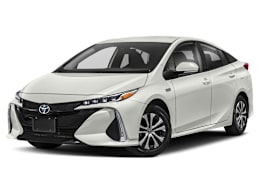
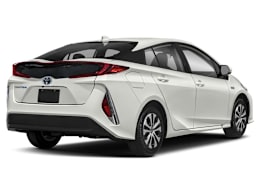
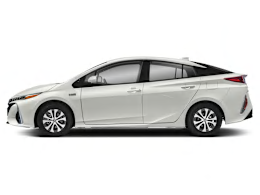
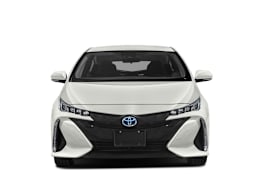
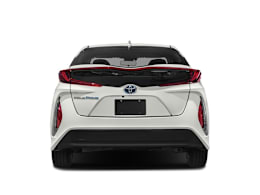
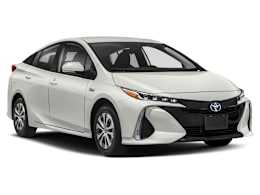
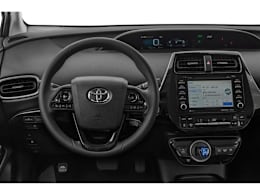
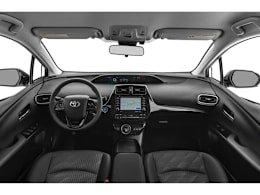
"Does not connect (intermittent) for some reason it is sometimes location dependent. Went to dealer they were not helpful"
Anonymous, CA (2021 Toyota Prius Prime LE 1.8-L 4 Cyl plug-in hybrid)